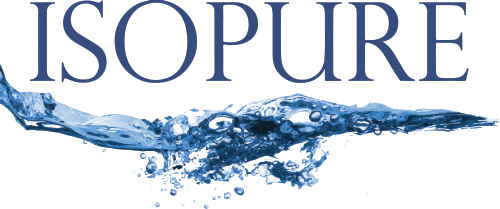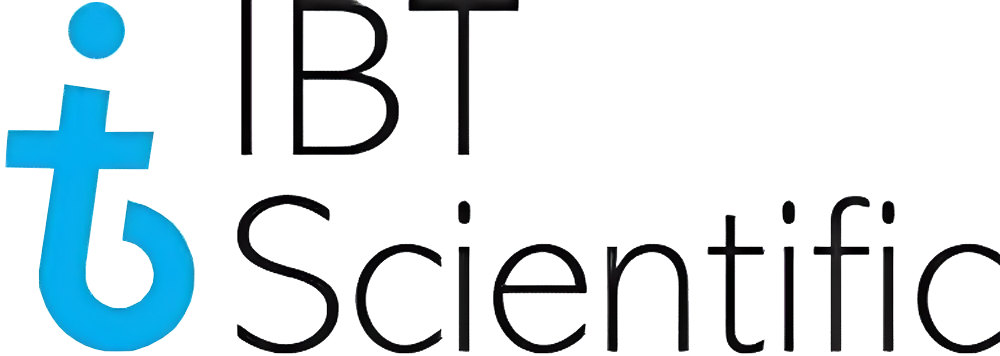Joint Position Statement of the
National Association of Nephrology Technicians/Technologists (NANT)
American Nephrology Nurses’ Association (ANNA)
and the
on Dialysis Technicians/Technologists
Background and Rationale
The ultimate goal of the nursing process is to effect positive patient outcomes in the most cost-effective way.
ANNA and NANT recognize that the achievement of favorable patient outcomes is a collaborative effort between all members of the interdisciplinary team.
ANNA and NANT further acknowledge that dialysis patient care technicians* (PCTs*) deliver the majority of direct care in most chronic dialysis facilities. PCTs* perform specific direct patient care activities and function under the direction and oversight of the registered nurse. Dialysis technicians and technologists work under a defined scope of practice, in the practice setting of a dialysis facility, and any licensure or certification requirements in effect in the state in which they are employed. Additional specific facility/agency policies and procedures in congruence with State Nurse Practice Acts related to delegation may also apply. (Refer to ANNA’s Position Statement “Delegation of Nursing Care Activities.”)
ANNA supports the collaborative role of Registered Nurses (RNs) with members of the interdisciplinary team in the provision of care to individuals undergoing dialysis therapy for chronic kidney failure. ANNA believes the overall accountability and responsibility for nursing care rendered to patients and the coordination of patient care activities is the responsibility of RNs with experience in nephrology nursing who, by basic nursing education and state practice regulations, are designated to provide dialysis assessments and interventions.
ANNA and NANT support:
- Additional research to determine the appropriate skill mix of personnel and staffing patterns.
- The development of a standard national program of education and training for dialysis patient care technicians, preferably in a formal setting.
- The Centers for Medicare & Medicaid Services Conditions for Coverage for End Stage Renal Disease Facilities mandate that technicians complete standardized training and competency testing and become certified within 18 months of the first date of training.
- Annual continuing educational requirements.
ANNA and NANT promote standards for education of all practitioners as a means to achieve quality of care, and both associations will work collaboratively at the state and Federal levels to achieve these goals.
ANNA and NANT agree that the term “certification” should be reserved for private-sector programs that attest to the competency of individual health professionals. Both associations strongly urge registered nurses and dialysis technicians/technologists to pursue certification by a nationally recognized testing organization as soon as eligible.
References
American Nephrology Nurses Association. (2011). Nephrology Nursing Scope and Standards of Practice (7th Ed.). Pitman, NJ: N. Gomez (Ed.)
American Nephrology Nurses Association. (2012). Delegation of Nursing Care Activities Position Statement. Retrieved from http://www.annanurse.org/advocacy/resources-and-tools/position-statements.
Anthony, M.K., Standing, T., & Hertz, J.E. (2000). Factors influencing outcomes after delegation to unlicensed assistive personnel. Journal of Nursing Administration, 30(10), 474-481.
Centers for Medicare & Medicaid Services (CMS). (2008). Medicare and Medicaid Programs; Conditions for Coverage for End-Stage Renal Disease Facilities; Final Rule. Final rule displayed at: http://www.cms.gov/Regulations-and-Guidance/Legislation/CFCsAndCoPs/downloads/ESRDfinalrule0415.pdf.
*NANT has formally requested that CMS change the term Patient Care Technician (PCT) to the term Nephrology Clinical Technician (NCT) in the CMS regulations. Once CMS changes the terminology in their regulations, the term will also change in this joint position statement.
Adopted by the ANNA Board of Directors
January 1997
Adopted by the NANT Board of Directors
January 1997
Revised and/or reaffirmed biennially from 1998-2013
Revised September 2016
















